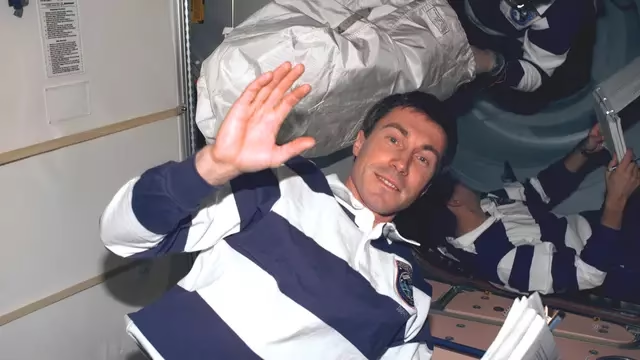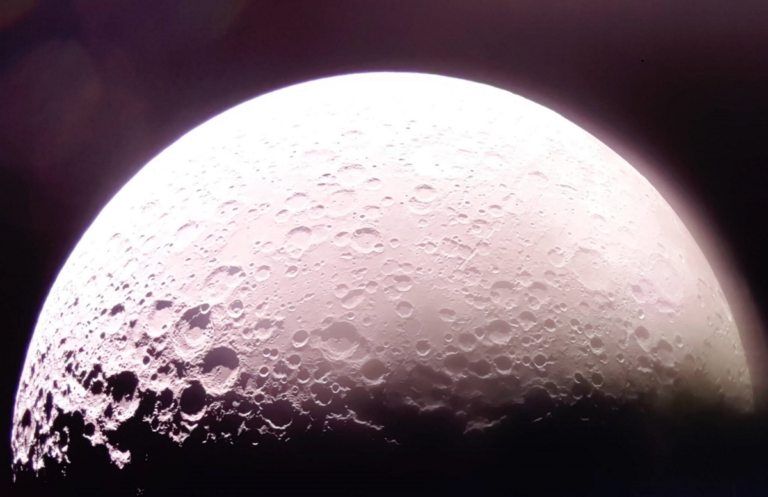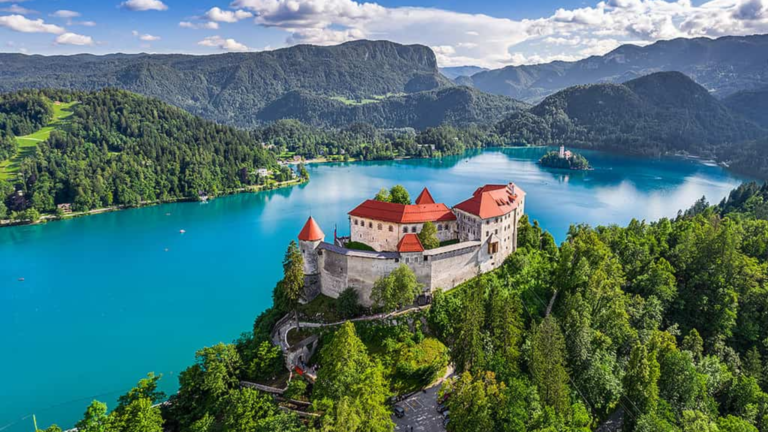Astronaut Stranded in Space for 311 Days After Country Collapsed!

Sergei Krikalev, a Russian cosmonaut, found himself in one of the most surreal and unexpected situations in space history when his country dissolved while he was orbiting Earth. His story, unlike that of many astronauts, revolves around politics and the collapse of a nation, leaving him stranded in space for an extended period. It’s a story of resilience, uncertainty, and a unique perspective on time itself.
A Routine Mission That Became Anything But Routine
In May 1991, Krikalev launched into space as a cosmonaut for the Soviet Union. He docked aboard the Mir Space Station for what was supposed to be a routine mission. However, just two months into his stay, the political landscape dramatically shifted. The Soviet Union, the nation he represented dissolved, leaving him stranded without a clear path home. The space station was still under Soviet control, but the geopolitical chaos on Earth left Krikalev uncertain of when, or even if, he would return.

The “Last Soviet Citizen” in Space
Krikalev’s mission was extended indefinitely. By the time he returned to Earth on March 25, 1992, he had spent far more time in space than originally planned. He became known as the “last Soviet citizen,” as he only set foot on Russian soil months after the Soviet Union’s collapse. The political upheaval meant that his mission’s original landing zone in Kazakhstan was now part of an independent nation, further complicating his return.

A Second Journey Into Space
Surprisingly, Krikalev’s story didn’t end with his extended stay aboard Mir. In 1994, he returned to space for a second time, this time as part of the first joint US-Russian space shuttle mission. He made history again in 1998 when he became the first person to enter the International Space Station (ISS) alongside NASA astronaut Robert Cabana, marking a significant moment in international space cooperation.
The Phenomenon of Time Dilation
Due to the immense time Krikalev spent in space, traveling at high speeds and experiencing low gravity, he became a subject of scientific study on time dilation. Based on Einstein’s theory of relativity, time passes differently for observers in different states of motion or gravity. Krikalev, traveling at high velocities in space, is technically 0.02 seconds younger than people who were born at the same time as him—a phenomenon that continues to intrigue scientists.

Reflections from Space
In a 2015 interview with The Guardian, Krikalev reflected on his time in space. “I was doing my job, and we were getting the news, not all at once, but we heard about the referendum. I was more worried about those on the ground—our families and friends. We had everything we needed!” When discussing his return to Earth, he said, “I felt satisfaction that I had done my job, and done it well. The second feeling was a sort of relief as I had held a huge responsibility for many months.”

Public Reaction and Online Reactions
Krikalev’s story has amazed and shocked people online. Many took to social media, expressing disbelief at the bizarre turn of events. Some even joked about his situation, with one user commenting, “Um, MOM cAn YoU pICk mE uP FrOm SpAcE?” Others simply expressed their astonishment, with one user saying, “Worst case of being in the wrong place at the wrong time.”
Sergei Krikalev’s tale is one of courage, survival, and a profound connection to history. It’s a reminder of how unpredictable space exploration can be, and how astronauts face challenges not only in space but in the ever-changing world they return to.






